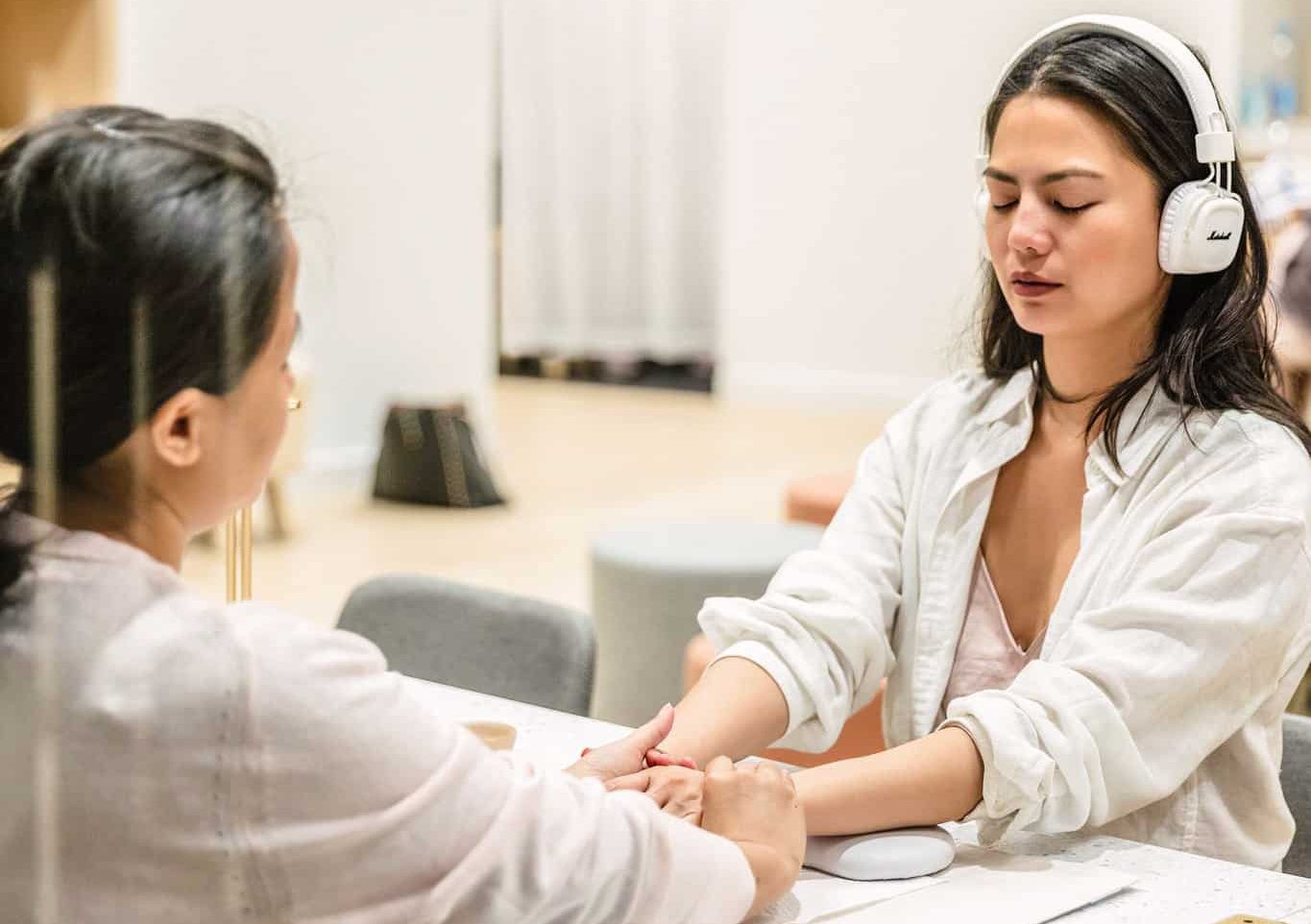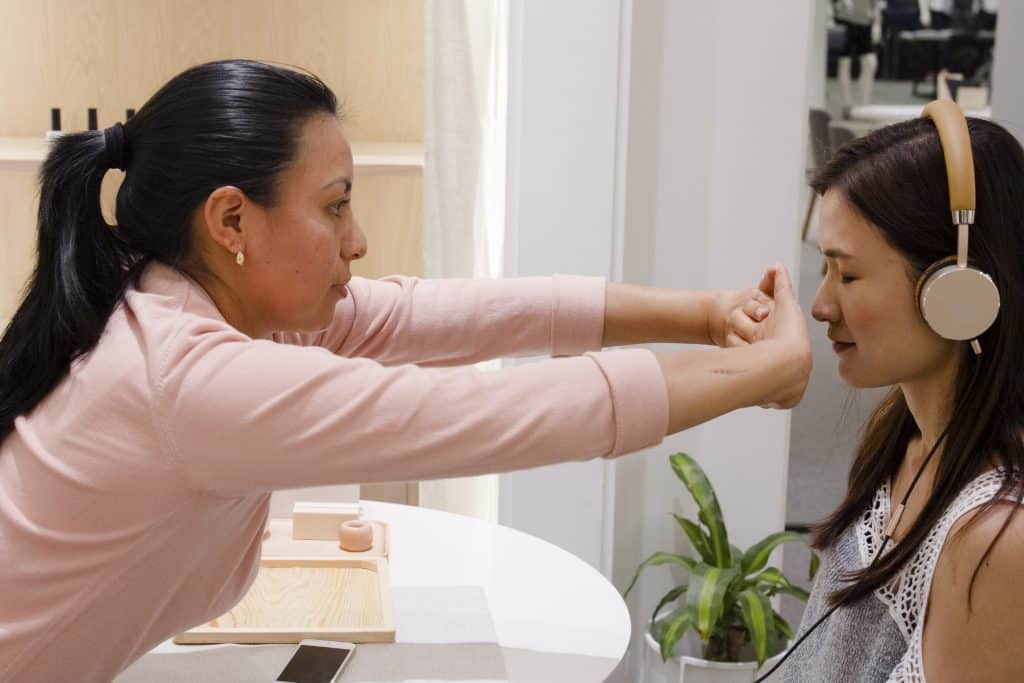You’ve found our post about incorporating meditation into your daily life.
In our fast-paced world, finding moments of peace can seem challenging. However, incorporating meditation into your daily routine can offer a simple and effective way to cultivate calm and focus. Whether you are new to meditation or looking to deepen your practice, here are some practical tips to help you integrate mindfulness into your everyday life.
This post is similar to our previous post on 20 Best Meditation Classes in Manhattan.
This post includes:
- meditation
- mindfulness meditation
- morning meditation
- relaxation
- 5 minute meditation
- meditation for sleep
- meditation for anxiety
- guided meditation
Let’s get to it!
Mindful Moments: Incorporating Meditation into Daily Life
Why Meditation Matters
Meditation is more than just a tool for relaxation; it offers a range of benefits that can improve both mental and physical well-being:
1. Reduces Stress
Regular meditation can lower cortisol levels, helping to reduce stress and anxiety.
2. Enhances Focus
Mindfulness practices can improve attention and concentration, making it easier to stay present and engaged.
3. Promotes Emotional Health
Meditation encourages emotional regulation and can lead to a more positive outlook on life.
4. Improves Sleep
Meditation can help improve the quality of sleep by calming the mind, leading to better rest and rejuvenation.
Simple Ways to Incorporate Meditation
Integrating meditation into your daily routine doesn’t have to be complicated. Here are some easy ways to start practicing mindfulness:
1. Morning Meditation Ritual
Begin your day with a short meditation session. Spend 5 to 10 minutes focusing on your breath or repeating a positive affirmation. This practice can set a calm and positive tone for the day ahead, helping you approach challenges clearly.
2. Mindful Breathing Breaks
Throughout the day, take a few minutes to practice mindful breathing. Close your eyes, take a deep breath through your nose, hold it for a moment, and slowly exhale through your mouth. Repeat this process several times to center yourself and alleviate stress.
3. Walking Meditation
Turn your daily walk into a meditative experience by focusing on the sensations in your body and the environment around you. Notice the feel of the ground beneath your feet, the sound of birds, or the rustle of leaves. Walking meditation helps you stay present and grounded.
4. Meditative Meals
Transform meal times into a mindful practice by eating slowly and savoring each bite. Pay attention to the textures, flavors, and aromas of your food. This practice can enhance your relationship with food and encourage mindful eating.
5. Guided Meditation Apps
Use meditation apps like Headspace, Calm, or Insight Timer to access guided meditations that suit your needs and schedule. These apps offer a variety of sessions, from short meditations for beginners to longer, more advanced practices.
Overcoming Common Challenges
Starting a meditation practice can come with challenges, but with persistence, it becomes easier:
1. Finding Time
Meditation doesn’t require hours; even a few minutes daily can make a difference. Try incorporating it into your routine by pairing it with activities you already do, like brushing your teeth or commuting.
2. Quieting the Mind
It’s normal for the mind to wander during meditation. When this happens, gently bring your focus back to your breath or the present moment.
3. Staying Consistent
Establish a regular practice by setting a specific time for meditation each day. Consistency helps build a habit that becomes an integral part of your life.
Final Thoughts on Incorporating Meditation into Daily Life
Incorporating meditation into your daily life is a journey, not a destination. It’s about finding moments of stillness amidst the busyness and learning to be present with yourself and your surroundings. By embracing mindfulness, you can cultivate a greater sense of peace and balance, enriching your overall quality of life.
Start with small steps, and gradually, meditation will become a natural and cherished part of your routine. Embrace mindful moments and discover the profound impact they can have on your daily life.






